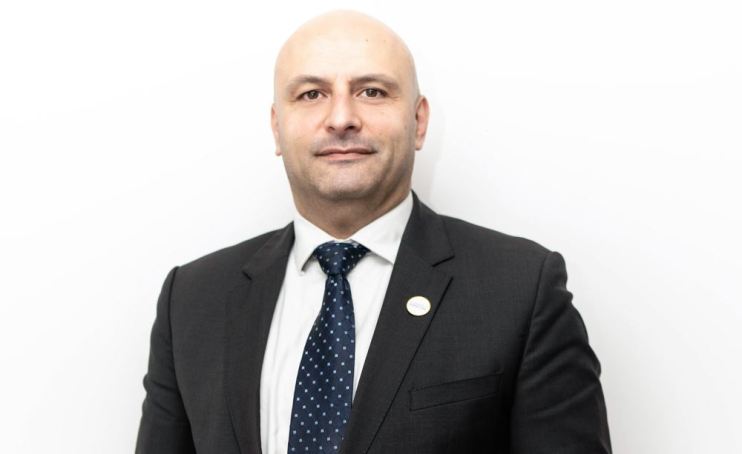To be forewarned is to be forearmed against crypto scams

by Mehmet Goksen, Head of Compliance at Conflict International
Fraudsters evolve, so it is perhaps no surprise that crypto fraud has grown in lockstep with the development of digital assets. In fact, since Summer 2022, there has been an enormous spike in individuals reporting fraudulent losses of crypto funds.
The lesson is clear: as the nature of the threat changes, individuals investing in cryptocurrency must be wary and do their due diligence to stay one step ahead. Being forewarned, as the old saying runs, is to be forearmed.
What crypto scams are we currently seeing?
Many of the reported scams are, essentially, hacked wallets: fraudsters seizing control of a wallet and draining its contents. The fraudster will then look to disperse the money through various accounts and across jurisdictions in a bid to throw authorities off the trail, before eventually extracting the assets from the digital sphere once the dust has settled.
Yet this is not the only fraud. There has been a notable growth in fake websites posing as well-known exchange platforms. These can be almost indistinguishable, except for slight differences, often in the URLs or country codes, which could easily be missed if an individual isn’t paying close attention.
After investing, individuals may be charged administration fees to access their own money and often end up paying more than the initial investment in fees. This is called Advanced Fee Fraud (AFF) and it is on the rise in the UK. According to the most recent ONS Crime Survey, AFF increased nine-fold in the last year, making it one of the most immediate dangers to those investing in digital assets.
Prevention as protection
Doing your due diligence is the most important step you can take if you’re investing in digital assets. With AFF on the rise, you don’t want to get trapped into paying to access your own assets, only to find out the platform you’ve put your trust and money into is a front. It sounds simple, but double-checking website URLs and doing the research to ensure it is a reputable trading platform and governed in a jurisdiction with strong controls is essential.
Where general protection of wallets is concerned, individuals should change passwords as regularly as possible, ensuring credentials are not replicated for any other accounts and are long and complex. While this may seem obvious, attacks on wallets where the scammer has used a brute force style trial-and-error approach to hack an account are less common than when passwords are logically hacked through profiling a user’s other accounts, the details of which ae often listed on the dark-web following previous platform hacks.
I’ve had my assets stolen – can I get them back?
If you have been caught out and your assets stolen, all is not lost. Contrary to popular belief, assets stolen in the digital sphere are not untraceable – quite the opposite, in fact.
Blockchain leaves, by nature, a digital footprint and so assets can be traced even if split up and moved across multiple wallets. Even when assets are released at the end of the trail, they can still be traced, although this becomes a case of traditional asset theft and requires alternative modes of investigation.
If you have had your wallet hacked, or you find yourself a victim of AFF, it is important to report the crime directly to the police and instruct a lawyer to help with your case. In some jurisdictions where the public sector has limited capacity to seek lost assets, private asset tracing and investigation agencies can support the public sector with filling in the gaps.
Importantly, while the speed at which fraud is reported has limited bearing on asset tracing – they can be traced across the blockchain for months – the quicker the recovery process begins, the more likely that assets will be found prior to being removed from the digital sphere.
While crypto-investors may breathe a sigh of relief at this news, it is a better idea to cut fraudsters off at the source – prevention of crypto fraud really can be as simple as regular and comprehensive due diligence of investments, new and old.